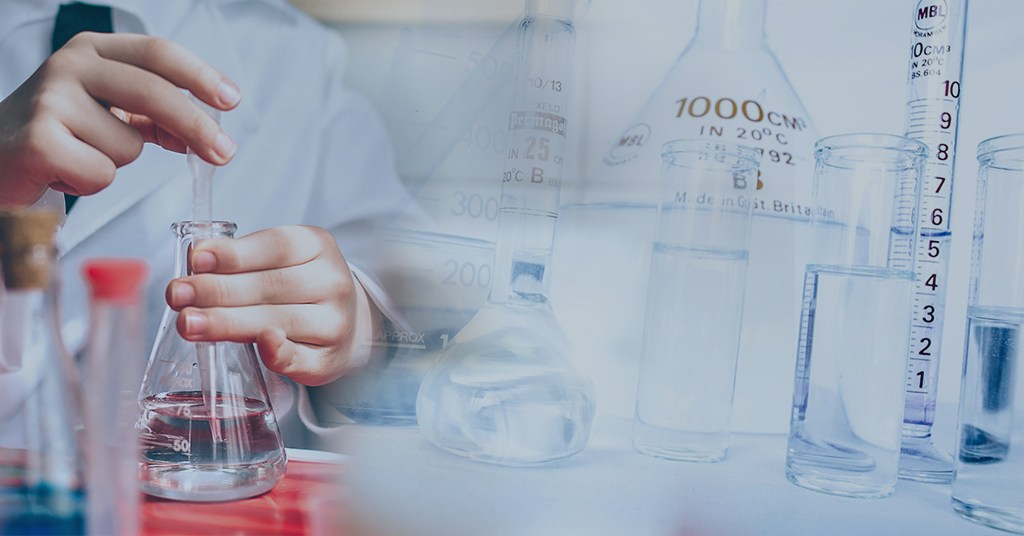Welcome To ChemAnalyst

In November 2023, Arginine prices experienced a downward trajectory in Germany. Several factors contributed to this decline, including reduced demand from end-users, high-interest rates, lower energy prices, and an ample supply in the market. Arginine, an amino acid with widespread applications in food industries as a preservative, flavor enhancer, and in medications, experienced a drop in demand from these key sectors. This decline in demand played a significant role in driving the overall decrease in Arginine prices.
China's factory activity experienced a second consecutive contraction in November, underscoring that the world's second-largest economy is unstable and may necessitate more robust policy support. According to National Bureau of Statistics data, the official manufacturing purchasing managers' index unexpectedly dipped slightly to 49.4 in November from 49.5 in October. These figures indicate that insufficient market demand remains the primary challenge affecting the ongoing recovery and progress of the manufacturing industry, elucidating the subdued market for Arginine. The domestic market is unable to offset losses experienced in Europe and the United States. The sub-index for new orders contracted for a second consecutive month, and the new export orders component continued its decline for a ninth consecutive month. This appears to reflect heightened downward pressure on foreign demand as the export orders component declines, explaining the overall decline in Arginine prices in Germany.
In November, the European market experienced some relief as inflation unexpectedly declined to 2.4%, marking the lowest rate in over two years. This drop can be attributed to a significant decrease in energy costs, alleviating the ongoing cost-of-living crisis. However, this positive development is juxtaposed with the challenge of higher interest rates, which constrained the economy's growth potential and impacted the Arginine market. Germany, Europe's largest economy, witnessed a drop in annual inflation to 2.3% in November from 3% in the previous month. This new figure aligns closely with the European Central Bank's inflation target of 2%, a result of a rapid succession of interest rate hikes that continue to limit consumers' purchasing power and contribute to the decline in Arginine prices in Germany.
Energy prices continued to register substantial year-on-year declines, reaching -11.5% in November, surpassing the 11.2% decrease observed in October. This trend coincides with the international market's decline in oil prices, notwithstanding geopolitical concerns related to conflicts in the Middle East and Ukraine. The reduction in oil prices has contributed to a decrease in shipping costs and overall expenses, bolstering the downward trajectory of Arginine prices in the German market.
According to ChemAnalyst's analysis, Arginine prices are anticipated to increase gradually in the upcoming months, driven by a surge in demand from end sectors coupled with reduced inventories in the German domestic market. The expectation is that inflation may further decrease if the ECB maintains a steady interest rate, fostering renewed consumer confidence and supporting the upward movement in Arginine prices. Additionally, the possibility of sluggish trading activities could lead to a constrained supply of Arginine in the market, further contributing to the anticipated rise in prices.
We use cookies to deliver the best possible experience on our website. To learn more, visit our Privacy Policy. By continuing to use this site or by closing this box, you consent to our use of cookies. More info.
